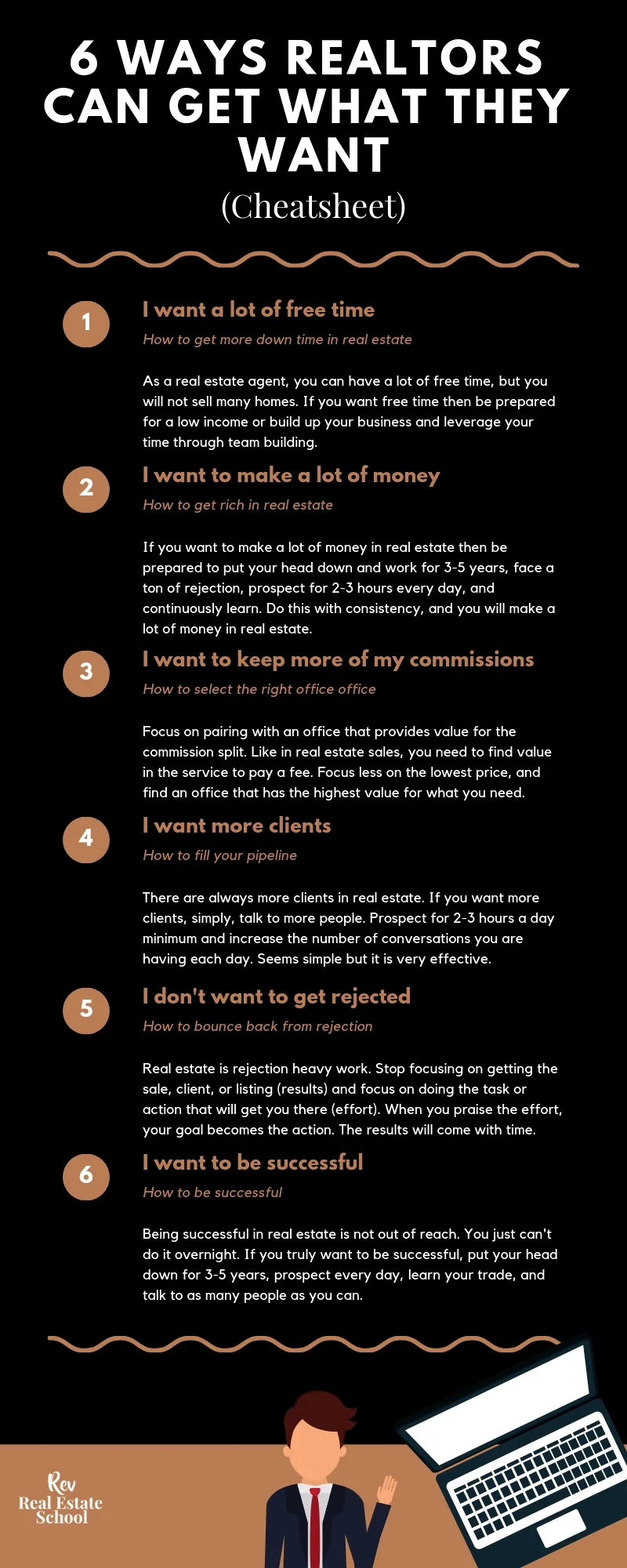In the majority of jurisdictions in the United States, a person needs to have a license to carry out licensed activities, and these activities are specified within the statutes of each state. A highlight of the requirement for having a license to perform those activities is the work done "for compensation". Thus, hypothetically, if an individual wants to help a friend out in either selling or purchasing a home, and no payment of any kind is expected in return, then a license is not needed to carry out all the work.
Unlicensed activity is illegal and the state property commission has authority to fine individuals who are functioning as real estate licensee, however purchasers and sellers acting as principals in the sale or purchase of realty are normally not needed to be certified. It is very important to note that in some states, lawyers handle property sales for payment without being certified as brokers or agents.
It can not hold true that a legal representative can end up being a seller's selling agent if that is all the service that is being asked for by the client. Legal representatives would still required to be accredited as a broker if they want to perform the licensed activities. Lawyers do however get a break in the minimum education requirements (for example, 90 hours in Illinois).
As noted by the South Broward Board of Realtors, Inc. in a letter to State of Florida legal committees: http://www.wesleyfinancialgroup.com/ "The Transaction Broker crafts a transaction by bringing a ready purchaser and a willing seller together and provides the legal documents of the information of the legal arrangement between the exact same.
The outcome was that in 2003, Florida produced a system where the default brokerage relationship had "all licensees ... operating as deal brokers, unless a single agent or no brokerage relationship is developed, in writing, with the client" and the statute required written disclosure of the deal brokerage relationship to the purchaser or seller consumer just through July 1, 2008.
Other brokers and representatives may concentrate on representing purchasers or tenants in a realty deal. Nevertheless, licensing as a broker or sales representative authorizes the licensee to legally represent celebrations on either side of a transaction and offering the needed documents for the legal transfer of real home. This company choice is for the licensee to decide.
The Buzz on What Does Reo Stand For In Real Estate
In the UK, an estate agent is an individual or company entity whose service is to market property on behalf of clients. There are significant distinctions between the actions, powers, commitments, and liabilities of brokers and estate representatives in each country, as different countries take significantly various techniques to the marketing and selling of real residential or commercial property.
If the parties just have an oral arrangement, it is most likely for a dispute to arise concerning the contract to represent clients and for how real estate being offered. Legal documents is required to define whether the broker can enforce the parties' compensation arrangement, the period of the relationship, whether the relationship is "special", and other concerns.
To become certified, many states require that an applicant take a minimum number of classroom hours to study property law prior to taking the state licensing exam. Such education is typically supplied by property firms or by education companies, either of which is normally licensed to teach such courses within their particular states.
When licensed, the licensee in many states is at first designated a sales representative and should work under a broker's license. Some other states have actually just recently eliminated the salesperson's license and instead, all licensees in those states immediately make their broker's license. A genuine estate agent need to position their license under a handling broker.
The term agent is not to be confused with sales representative or broker. what is arv in real estate. An agent is just a licensee that has participated in a company relationship with a customer. A broker can also be an agent for a client. It is typically the firm that has the actual legal relationship with the client through among their sales personnel, be they salespersons or brokers.
See below for a broker/licensee relationship to sellers and their relationship with purchasers. In the United States, there are typically two levels of property professionals accredited by the individual states however not by the federal government: Prior to the Multiple Listing Service (MLS) was presented in 1967, when brokers (and their licensees) just represented sellers by offering a service to supply can a timeshare ruin your credit legal documents on the transfer real estate, the term "property salesperson" may have been more appropriate than it is today, offered the numerous methods that brokers and licensees now assist purchasers through the legal procedure of moving genuine residential or commercial property.
The 7-Minute Rule for How Much Do Real Estate Agents Make A Year
When an individual first ends up being certified to become a property agent, they acquire a real estate salesperson's license (some states use the term "broker") from the state in which they will practice. To acquire a realty license, the candidate should take particular coursework (between 40 and 120 hours) and pass a state examination on real estate law and practice.
In Delaware, for instance, the licensing course requires the candidate to take 99 class hours in order to certify to sit for the state and nationwide examination. In Ohio, a license prospect must finish 120 hours of class education. Each successive year thereafter, the license holder should participate in continuing education in order to stay abreast of state and national changes.
After gaining some years of experience in realty sales, a sales representative may choose to become licensed as a realty broker (or Principal/qualifying broker) in order to own, manage, or operate their own brokerage. In addition, some states enable college graduates to request a broker's license without years of experience.

California enables certified attorneys to become brokers upon passing the broker test without having to take the requisite courses required of a representative. Commonly more coursework and a broker's state examination on realty law need to be passed. Upon getting a broker's license, a realty agent may continue to work for another broker in a similar capability as before (often described as a broker partner or associate broker) or organize their own brokerage and work with other sales representatives (or broker), licensees.
Some states permit certified lawyers to end up being real estate brokers without taking any exam. In some states, there are no "salespeople" as all licensees are brokers. Relationship: Conventionally, the broker offers a conventional full-service, commission-based brokerage relationship under a signed listing agreement with a seller or a "purchaser representation" arrangement with a purchaser, therefore producing under common law in many states a company relationship with fiduciary obligations.
Some states also have statutes that define and manage the nature of the representation. Firm relationships in residential property transactions involve the legal representation by a real estate broker (on behalf of a genuine estate business) of the principal, whether that individual( s) is a buyer or a seller. The broker and his licensed property salespersons (salespersons or brokers) then end up being the agents of the principal.
